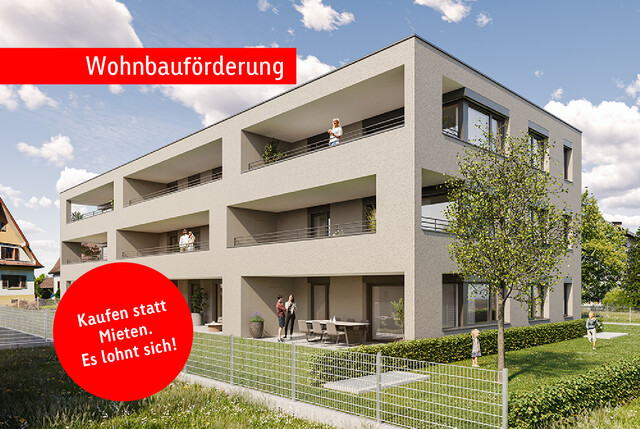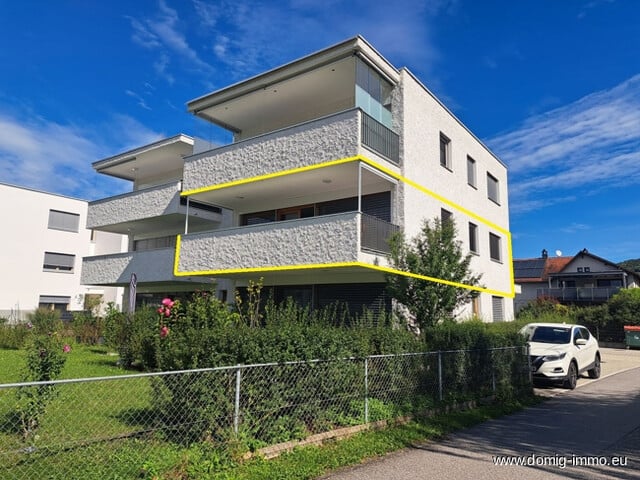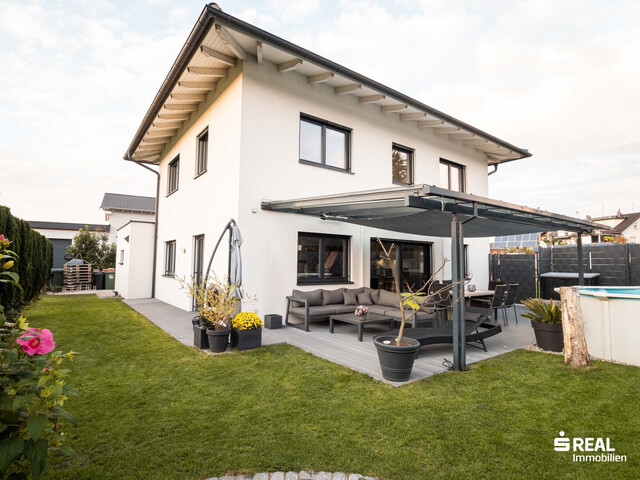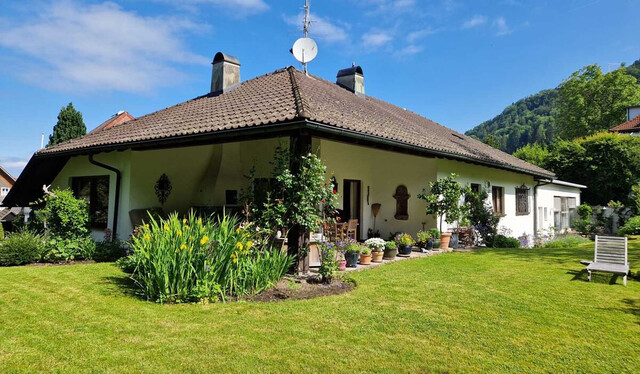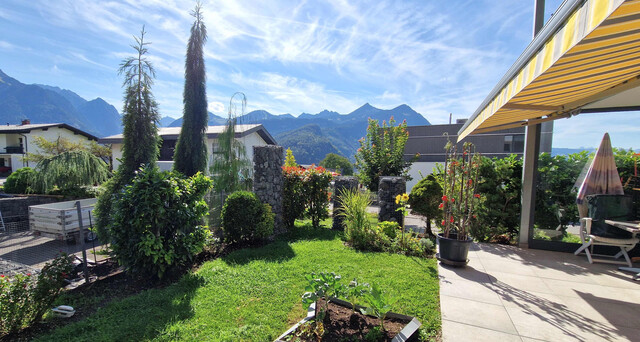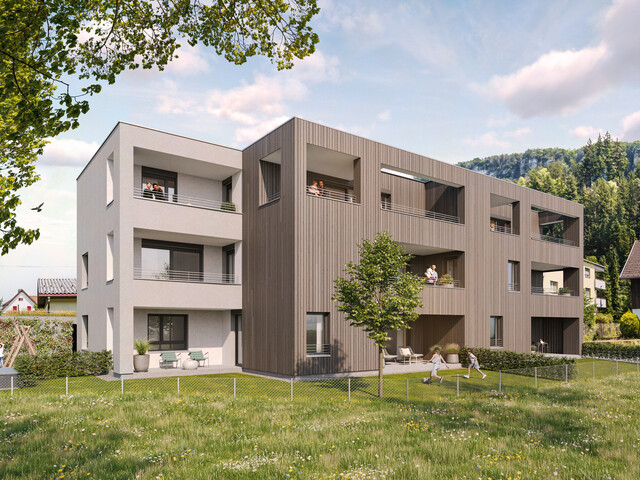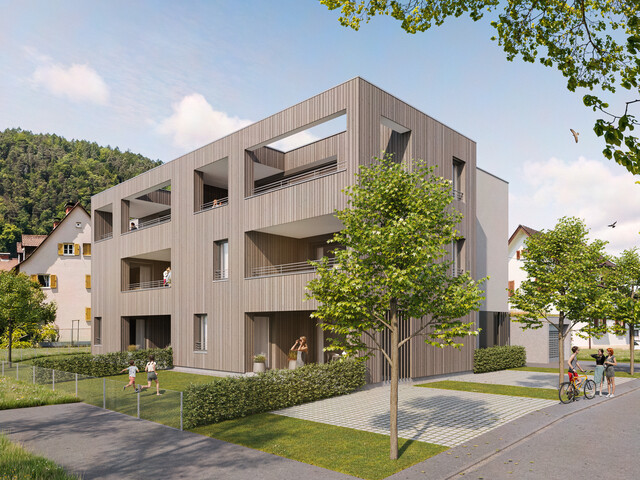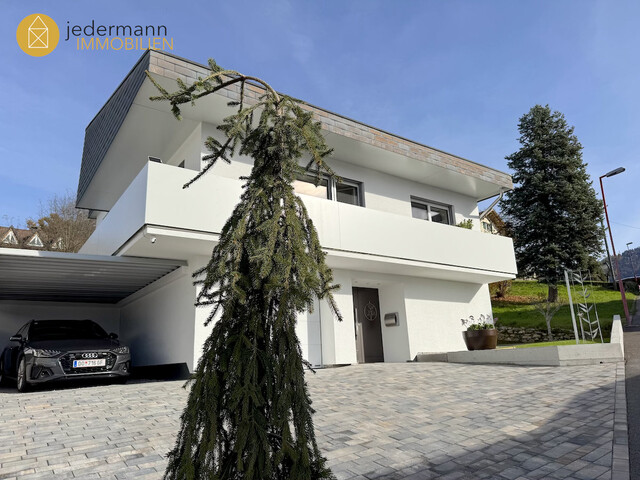Smart Meter Roll-out Practically Completed

90 out of 117 network operators have thus achieved the legal target of 95 percent. "The target was not only achieved but exceeded," notes E-Control board member Alfons Haber in the new and final Smart Meter Monitoring Report.
Despite the high level of expansion, many customers still do not know that they already have a smart meter. In a survey conducted in October, 38 percent stated that they had such a device - far below the actual distribution. Haber therefore calls on network operators to improve communication.
Smart Meters: Few Use All Functions
Around 760,000 households - 12.6 percent - use the full range of functions (opt-in) and allow quarter-hour values to be transmitted. This is 160,000 more than the previous year. Most opt-ins are in Lower Austria and Upper Austria, where more than 20 percent of all smart meters are activated accordingly. The lowest proportion is in Styria.
With timely consumption data, customers can better control their usage behavior, identify energy guzzlers, and reduce costs. "Opt-in is a prerequisite for benefiting from the new reduced summer work price and lowering network costs," explained Haber. "It is also necessary to participate in an energy community and to optimize self-consumption from a photovoltaic system."
Data Availability Remains a Problem
A central problem, however, remains data availability. According to E-Control, only four of the 13 largest network operators achieve a daily data availability of 99 percent. On average, the data is available within twelve hours (87 percent), but for some network operators only after several days or even after 45 days. The reason for this is often the susceptibility of the PLC communication technology used. Many operators are therefore examining more modern technologies.
The number of smart meters in energy communities has also continued to grow: by the end of 2024, around 119,000 devices were registered - a fourfold increase within a year. Most participants are in Upper and Lower Austria. Reliable data is essential for the billing of such communities, as missing values from a single participant can delay the billing of all.
Haber also emphasizes the upcoming need for modernization: Many of the first smart meters are already over 15 years old and no longer meet all requirements. "In the coming years, a large part of the smart meter infrastructure will need to be renewed," said Haber to APA.
(APA/Red)
This article has been automatically translated, read the original article here.
Du hast einen Hinweis für uns? Oder einen Insider-Tipp, was bei dir in der Gegend gerade passiert? Dann melde dich bei uns, damit wir darüber berichten können.
Wir gehen allen Hinweisen nach, die wir erhalten. Und damit wir schon einen Vorgeschmack und einen guten Überblick bekommen, freuen wir uns über Fotos, Videos oder Texte. Einfach das Formular unten ausfüllen und schon landet dein Tipp bei uns in der Redaktion.
Alternativ kannst du uns direkt über WhatsApp kontaktieren: Zum WhatsApp Chat
Herzlichen Dank für deine Zusendung.
